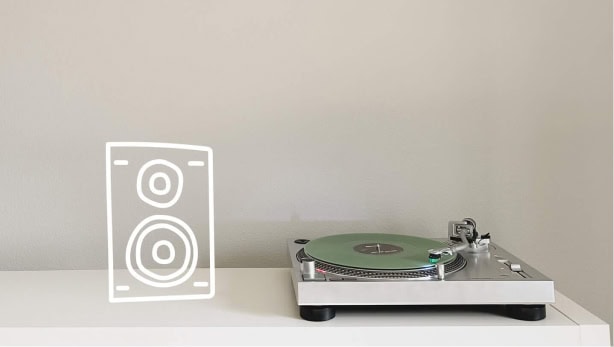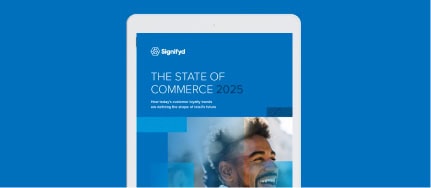3D printer manufacturer Aleph Objects, Inc. signed up with Signifyd and put the service to the test during the holidays (a peak sales period for the company). Megan Garber, the company’s Sales Support Supervisor says she experienced a first: catching a fraudster red-handed.
“Signifyd actively caught a case of fraud for us, after going through our standard pre-transaction fraud prevention policies and procedures,” recalls Garber, who spoke from her Loveland, Colorado headquarters. “We never had this happen before, where we actually caught a case of fraud after an order was placed.”
The story began when the company realized a customer was returning to an abandoned or “cold” cart. This triggered a routine email along the lines of, “Hi we see you have some products in your cart. Is there anything we can do to help you?” Garber said. “He contacted us and we spoke with him on the phone. He said he had been having problems checking out through the website, so he wanted to try to place the order directly with us over the phone. But when the sales rep. put his credit card information in and pushed it through, Signifyd flagged it as fraud,” she said.
“About a week later we got a call from another person saying they had received a charge from our company on their card. They were confused and they were checking into things because they had never ordered from us,” said Garber. Aleph Objects was able to match the transaction details with those from the “cold” cart fraud incident. Fortunately, the charge was already voided on the woman’s credit card, Garber said. Fraud containment staff at Aleph said because of Signifyd, in this case, it made the process much simpler.
Since 2011, when they began selling 3D printers online to hobbyists, educators, engineers, and more, the company has grown exponentially, as has its exposure to fraud. Online sales now make up over a third of Aleph Objects’ business. “I’ve been here since November of 2015 and when I started there were 99 employees. At last count there were 144 employees and that was February of this year,” said Garber. “We went from $15 million to over $20 million dollars in one year alone.” K-12 and higher education institutions, manufacturers, and resellers make up the bulk of Aleph’s online business through LulzBot.com. Across all sales channels, the company has customers in over 85 countries around the world.
Prior to signing up with Signifyd Aleph lost $50,000 – $75,000 a year to fraud and the company dedicated two full-time staff members to contain fraud, among other responsibilities. Garber said fraudsters like to steal the more expensive of the company’s two models of 3D printers: the LulzBot Mini, which is priced at $1,250 and the LulzBot TAZ 6, which sells for $2,500. “They’re not trying to scam us for filament or accessories. They’re always going for the big stuff,” she said. Learn more about the LulzBot line of desktop 3D printers at LulzBot.com.
Signifyd protects Aleph Objects with real-time machine learning that incorporates extensive external data and domain expertise so merchants can accept more orders. But if a fraudulent order gets approved, which has happened for Aleph Objects, Signifyd reimburses them because every approved order is protected with a financial guarantee against fraud.
“Around New Year’s we saw a series of attempted fraud orders come through. This was new for anyone who had been on the team at that point,” Garber explains. “When we looked into it further, there were several cases that were caught and we were able to avoid shipping out the printers.” After being notified that these cases were being held for manual review, Garber says her fraud-containment staff noticed other orders that were also being held were using the same name, she said. “They were using the same name in the order but then placing it from slightly different places, slightly different addresses, but they were all tying back to the same IP address.”
Garber said she joined Aleph Objects, in part, because the company is “Committed to Free Software, Libre Innovation, and Open Source Hardware. This means we are open and encourage people to make changes and make things better so that we share those improvements. That allows us to put out the best product and the best things for our customers. That’s what really intrigued me. Being somewhere that was so open to that.”
Garber said today her greatest challenge when screening orders for fraud is “trying to make sure I’m soft enough and do it with an understanding point of view. So the customer isn’t put off and wants to return it or be done with it. But I’m still making sure we’re not letting people attempting fraud through, even though we have Signifyd.” The customer experience remains top of mind for her. “Anytime somebody gets the email that says their order is being held for manual review, they get a little on edge. So I’m making sure we’re working through the process to get them approved and that we’re selling to a real person who’s really buying this with their own money.”








